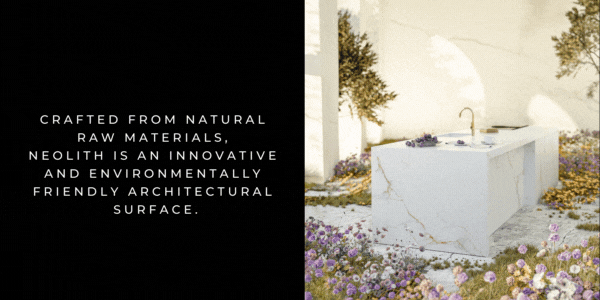The Pros & Cons of ProQuartz & Alternatives
When it comes to quality surfaces and worktops in the home, ProQuartz products offer superior durability and style. What happens when we compare ProQuartz to other products and alternatives? Let’s take a look and see for ourselves!
Quartz surfaces are the result of over 30 years of research and development. An engineered stone product, ProQuartz surfaces comprise approximately 93% natural quartz, together with pigments, polyester resins and other adhesives. These materials are subjected to a high-tech system of vibro-compaction under vacuum. This exclusive process results in a non-porous, agglomerated stone that has the look and feel of natural stones such as limestone, granite or marble.
For your convenience, we have listed the pros and cons of ProQuartz products compared to other alternatives.
Proquartz:
ProQuartz requires almost no maintenance. It’s harder than granite and marble, it requires no sealing or resealing and it is exceptionally resistant to scratches and stains. ProQuartz comes in a carefully selected range of attractive colours and patterns to suit any requirement, it is highly cost-effective because of its large slab size and low off-cut ratio, and it comes with a limited lifetime residential warranty.
So what’s the con? Seams can be visible, but can be well concealed by a good installer.
Granite:
Granite has an appealing natural look. However, Granite is exceptionally heavy, requiring very sturdy support. Not as hard as ProQuartz, Granite requires regular sealing and seams cannot be hidden. Granite colours also frequently vary from samples.
Marble:
Elegant and heat-resistant, marble remains constantly cool so it’s a good surface for pastry and baking, however, marble is very susceptible to stains and may chip and crack easily.
Tiles:
Tiling will stand up well to heat and sharp knives and will offer good stain resistance. It is also easy to replace a single tile if needed. However, its uneven surface can make it difficult to balance a cutting board or to roll out pastry. Unsealed grout is prone to staining. Standing moisture can also damage the surface and encourage bacterial growth.
Laminate:
Laminate is low maintenance and easy to clean. It is light in weight so doesn’t require the support of a heavy cabinet. However, laminate is prone to scratches, burns and stains. Layers can peel with time. It is also difficult to repair inconspicuously if damaged and can look cheap.
Stainless Steel:
Stainless steel offers good resistance to heat and bacteria. However, fingerprints show clearly and stainless steel is prone to denting and can be very expensive.
Solid Surfacing:
Relatively maintenance-free, solid surfacing has no seams to trap dirt or debris. Scratches and burns can sometimes be sanded out. However, it is easy to burn, scratch or cut. Can have an obviously artificial look.
Concrete:
Concrete can be cast in any shape and tinted in any colour. It also stands up well to heavy use. However, concrete is not as heat resistant as some other surface. Small cracks may develop over time. It is also extremely heavy and will stain unless frequently resealed.
Make the right choice for your space. Find out more about superior ProQuartz surfaces HERE.
You might also like...
-
Sustainable Luxury: Caesarstone’s Mineral Range

In today’s design world, luxury isn’t just about aesthetics; it’s about responsibility. Caesarstone are pioneers in crafting surfaces that elevate your space while upholding a ...
-
Snomaster: Fireside Favourites – The Wine Cooler That Warms Your Winter

There’s a certain romance to winter – especially in Cape Town’s misty mornings or Johannesburg’s crisp evenings. It’s not just the cold that draws us ...
-
Sensorline by blu‑line: Elevating Kitchen Architecture

Sensorline fuses cutting-edge technology with minimalist elegance, redefining how we experience built-in stone countertops in kitchens. Be inspired by Blu-line. This innovative system transforms the ...
-
The Future of Ice Has Arrived: Meet the SnoMaster SMIC-50 Counter-Top Sphere Ice Maker

The Art of Exceptional Ice… Some drinks deserve more than standard ice. Whether it’s a bold whiskey, a finely crafted cocktail, or a crisp G&T, the ...























